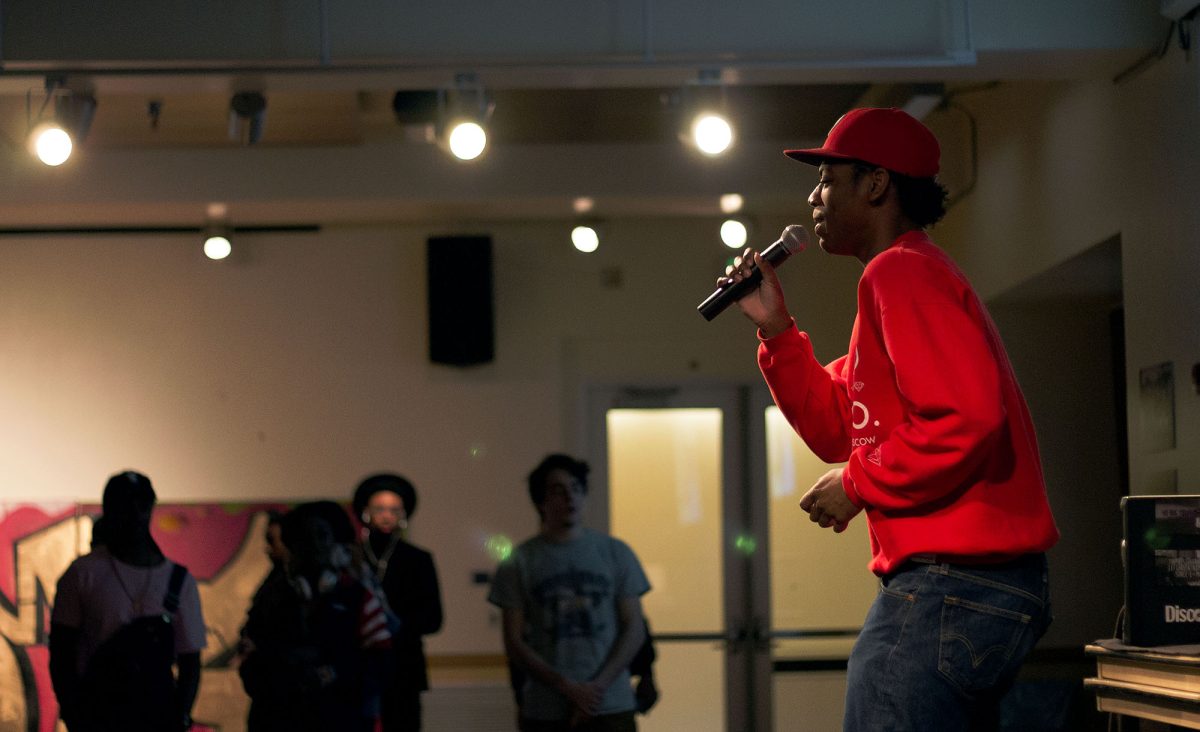Story by Jacob O’Gara
Illustration by Charlotte Cheng
In October 2010, The Onion, America’s self-proclaimed finest satirical news source, ran this headline: “Historians Admit To Inventing Ancient Greeks.” The (again, satirical) piece reports that a clique of historians have fessed up to inventing the entirety of Greek civilization out of whole cloth. One historian complains about how difficult it was to write The Iliad. Another is frustrated that she was “stuck in Athens all summer building a goddamn Parthenon.” The reason given for this vast and intricate hoax: “Scholars realized they had no idea what had actually happened in Europe during the 800-year period before the Christian era.”
According to Garry Kasparov, the chess grandmaster who in 1997 famously played against the Deep Blue computer and lost, scholars really don’t have any idea what actually happened eight centuries ago. That is, except for one man: Anatoly Fomenko, a Russian mathematician and professor at Moscow State University (MSU) who Kasparov met in the mid-1990s and has been an energetic champion of ever since. Fomenko is the author of seven rather weighty volumes provocatively titled History: Fiction or Science? that put forth his theory of New Chronology. “New” because according to Fomenko, the “old,” or current, chronology that most everyone agrees on is a misrepresentation, a distortion, a lie. When one reads Fomenko’s theories, the first question that reasonably comes to mind is: Wait, what? The second question: What if he’s right?
The logic behind New Chronology is a little complicated. And since it took Fomenko seven books and over 4,000 pages to spell it all out, an explanation here won’t fully do the theory justice. Weaving together historical analysis, statistical correlations, astronomy, astrology, and a straightforward dismissal of accepted archaeological dating methods, Fomenko has concluded that history is much shorter—at least 1,000 years shorter—than we think.
This revised, truncated chronology comes with a raft of peculiar assertions: Jesus Christ was likely modeled after a reformist Byzantine emperor who ruled during the late 1100s AD. The legend of King Arthur, a tale proudly ensconced in British lore, is based on the exploits of a Russian prince. The supposedly ancient statues of Greece and Rome were actually cast during the Renaissance, presumably by the same clergymen and artisans who fabricated the histories of Greece, Rome, and Egypt. While these fabulists were busy weaving complicated tales about pyramids and madmen in togas and 300 Spartans, they also apparently had enough spare time to cook the books of Russian history in favor of the Romanov family, for some reason Fomenko doesn’t address.
To some, New Chronology is a dizzying blur of claims and counterclaims, building up to that last, satisfying “It all comes together!” moment. To others, it sounds downright bonkers. Fortunately for Fomenko, his bank account, and maybe—just maybe—the cause of truth and knowledge, plenty of Russians have reached that eureka moment.
Over 1 million copies of History: Fiction or Science? have been sold in Russia, a country that, in its present form, is about as old as the average college sophomore. Previously Russia was part of the Soviet Union, a revolutionary and totalitarian system whose founders upended a more than 350-year-old monarchy and attempted to replace it with an entirely new society governed and populated by an entirely new sort of person, described as Communist “supermen.” For a while it seemed as though they succeeded, but on Christmas Day 1991, their experiment collapsed and millions of people faced a kind of national identity crisis. Generations had lived as brother and sister citizens of the Soviet Union. What now did it mean to be a Russian?
For those Russians who feel that they’re living in an existential vacuum, Fomenko’s New Chronology offers a sense of identity. New Chronology reconfigures world history in a way that places Russia in the middle of things—both as a dominant presence and as a victim. The Fomenko ideology is popular because it makes Russia important, and because, as one academic put it, New Chronology “keep[s] alive an imperial consciousness and secular messianism” during chaotic and insecure times. Fomenko is in the nostalgia business, and as anyone who’s sighed longingly while watching Dazed and Confused or Hot Tub Time Machine knows, nostalgia has a powerful allure.
Many others, however, dismiss New Chronology as pure hokum. One naysayer, a prominent archaeologist from Russia named Valentin Yanin, once likened Fomenko to the magician David Copperfield and scorned New Chronology as “sleight-of-hand trickery.” Yanin made his accusation during a 1999 round-table conference on “The ‘Myths’ of New Chronology,” led by the dean of the history department of MSU, where Fomenko also works. It should be noted here that MSU was founded in the eighteenth century by a Russian scientist and amateur historian called Mikhail Lomonosov, known in many a modern academic circle as having approached history with a patriotic zeal, often exaggerating or downplaying certain aspects of the historical record to benefit his motherland. That being said, he never went as far as Fomenko.
According to cultural critic Gore Vidal, history is just “gossip about the past,” while Oscar Wilde once wrote that history is something only a great man can write. Perhaps Fomenko sees himself as a great gossip. History is filled with such characters, people who distort or falsify the story of our time here on Earth for a variety of causes. There is website after website listing quotes by famous people about why it’s a good idea to keep that story as accurate as possible. History, after all, doesn’t belong to us. We belong to it.
Maybe Fomenko does see himself as a true historian, doing his best and most honest job to hold a mirror to the past. According to him, though, objects in the mirror are closer than they appear.
Categories:
Time Is Out of Joint
January 9, 2012
According to a Russian academic, everything we think we know about the past is wrong. What if he’s right?
Time Is Out of Joint
0
More to Discover















